Marine Science
Can coral reefs change with the times?
Coral ecosystems may be able to adapt rapidly to climate change through natural plastic responses.
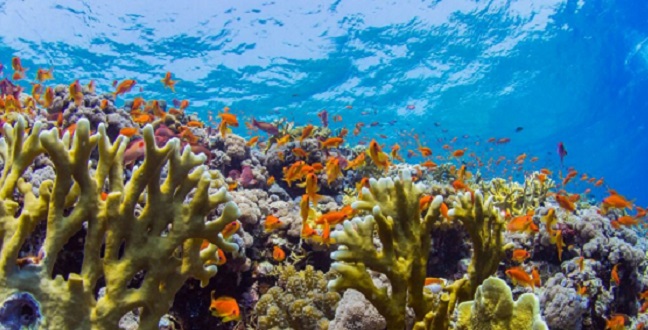
Reef-building corals and the ecosystems that they support are under threat as climate change rapidly alters the environments they have adapted to live in. Corals may have methods to adapt more rapidly than scientists previously thought, but the extent and exact range of mechanisms is not yet fully understood.
KAUST marine scientists Manual Aranda, Timothy Ravasi, Michael Berumen and Christian Voolstra—along with an international team of experts—are exploring a diverse suite of mechanisms that might help corals adapt and survive in the coming decades, and they provide a comprehensive set of guidelines for new research.
“Now, these rapid adaptation mechanisms are vital because creatures might not have enough time to adapt through Darwinian genetic evolution,” says Aranda. “Our main goal, therefore, is to find out what other molecular mechanisms marine organisms can use to respond quickly and effectively to environmental pressures.”
KAUST marine biologists are exploring the mechanisms that might help corals adapt to climate change.
© R2017 KAUST
The ability to respond rapidly to changing environments is called plasticity. Many plants and animals are known to change their physical characteristics, known as a phenotype, and even pass this information from one generation to another without altering their actual genes. An example of plasticity in humans, notes Aranda, would be the changes that occur from exercise as our muscles respond, changing our strength, fitness and tolerance levels to fit specific environments and conditions.
“Transgenerational plasticity, or TGP, is if animals can alter their epigenome—through modifying proteins, or switching allegiance to a different bacterial symbiont, for example—and leave a signal for their offspring to pick up and use if necessary,” says Ravasi, who uses genomic approaches to study reef fish responses to increasing ocean temperature and acidification.
“Together with the international research community, we hope to ensure meaningful research is conducted to establish whether corals and their associates can use TGP. It is not easy to verify whether a particular trait is being passed down generations because of TGP, so studies must be carefully designed.”
Aranda, who studies adaptive responses and epigenetics of corals, explains that experiments must use multiple generations of a model organism to verify TGP. Because reef-building corals can live for decades and take a long time to reproduce, Aranda works with other related animals, such as anemones and jellyfish.
“You place an adult into a changed environment, for example warmer water, and watch to see if it adjusts in some way. Its offspring might pick up the same trait purely because they are conceived and born in warmer conditions. So to ensure TGP is definite, you bring up the children in normal water conditions instead. You then take their offspring—the grandchildren of the original creature—and place them into warmer conditions again. If they display an immediate ability to cope with the conditions, then this points to TGP.”
Another way that corals might be able to adapt rapidly is by changing their microbiome—the bacterial and algal symbionts living within coral tissues in a mutually beneficial relationship. Coral expert Voolstra is convinced that the bacteria associated with the coral animals could hold a key to future coral reef health.
“Bacterial symbioses are present in all living things and yet, until recently, it has been overlooked and under-researched,” he says. “We recently demonstrated that different bacteria associate with corals in warmer waters, suggesting that they might help to increase the heat tolerance of corals, for example.” Voolstra’s team is now analyzing different microbes, one at a time, to determine how each one contributes toward coral health.
“We have been investigating heritable components too, crossing mothers and fathers from different environments and tracing their microbial associations; this very new data appears to show that some degree of inheritance exists,” adds Voolstra.
If reef-building corals can pass on valuable information to their offspring through TGP, then the future of coral reefs may not be quite as bleak as scientists feared. However, as Berumen points out, researchers should also maintain a wide ecological perspective on this rapidly changing situation.
“We must continue to incorporate wider studies of reefs as whole ecosystems while investigating the intricacies of epigenomics. Our ideas are a starting point from which novel, refined and hopefully more standardized research projects will emerge. These will contribute to a wider understanding of our coral reefs and may inform future management of marine ecosystems as the full impact of climate change becomes clear.”
KAUST marine biologists are exploring the mechanisms that might help corals adapt to climate change.
© R2017 KAUST
References
- Torda, G., Donelson, J. M., Aranda, M., Barshis, D. J., Bay, L., Berumen, M. L. et al. Rapid adaptive responses to climate change in corals. Nature Climate Change 7, 627-636 (2017).| article
You might also like
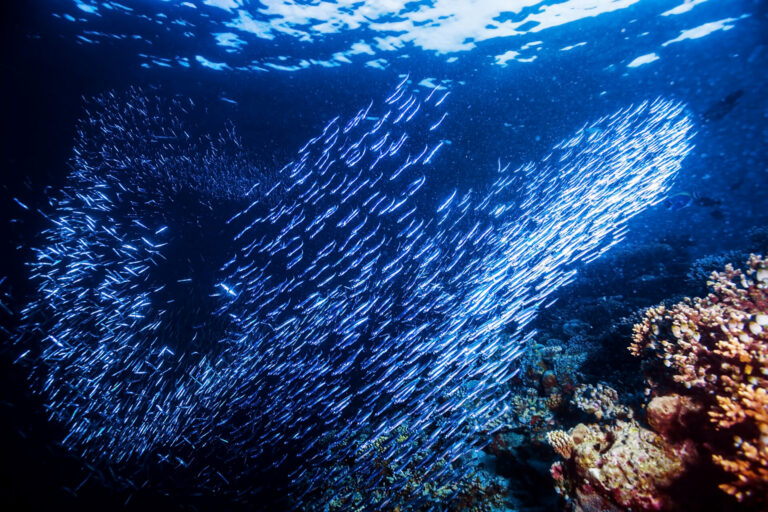
Marine Science
Potential gains from replenishing reef fish stocks revealed
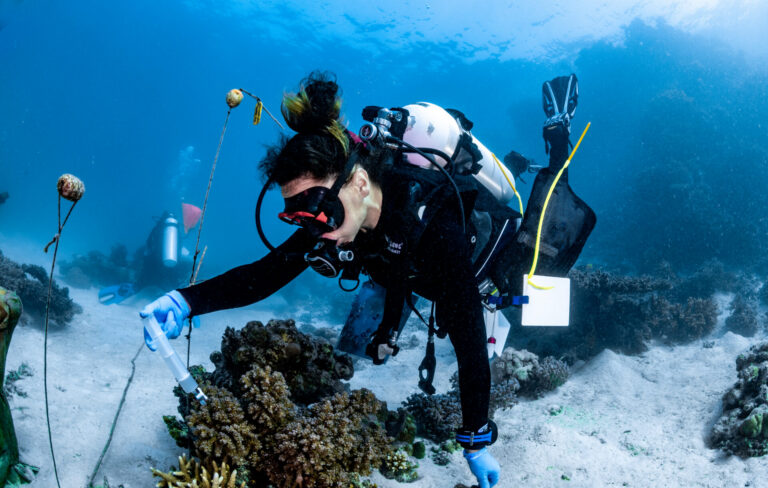
Marine Science
A place to trial hope for global reef restoration
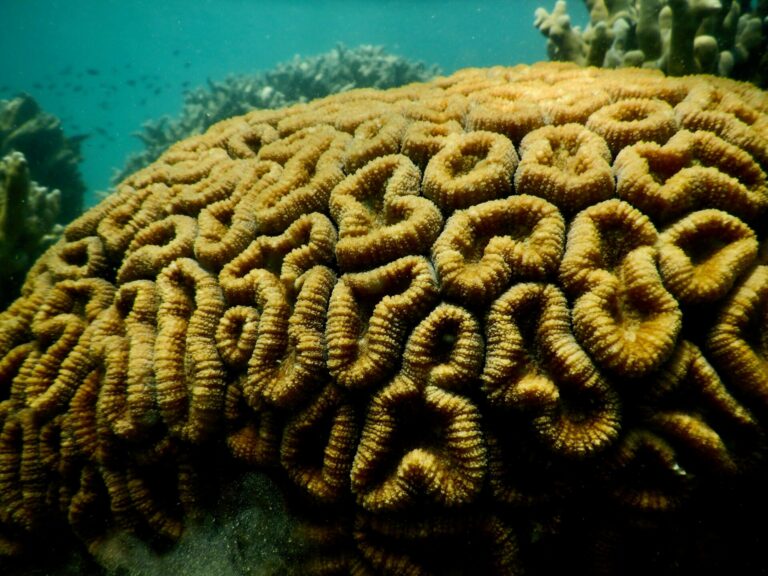
Marine Science
Reef-building coral shows signs of enhanced heat tolerance
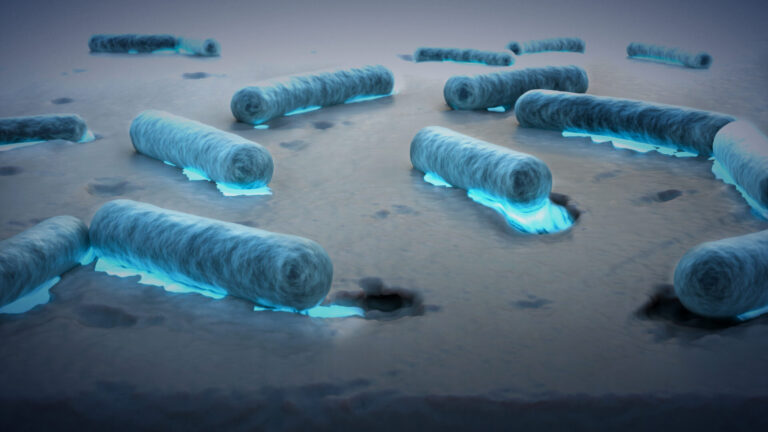
Marine Science
Plastic-munching bacteria found across the seven seas
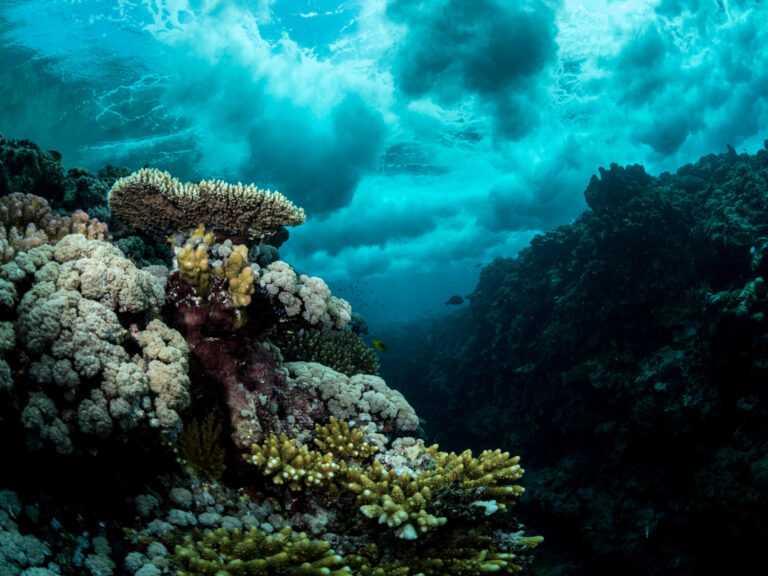
Marine Science
AI reveals the universal beauty of coral reef growth
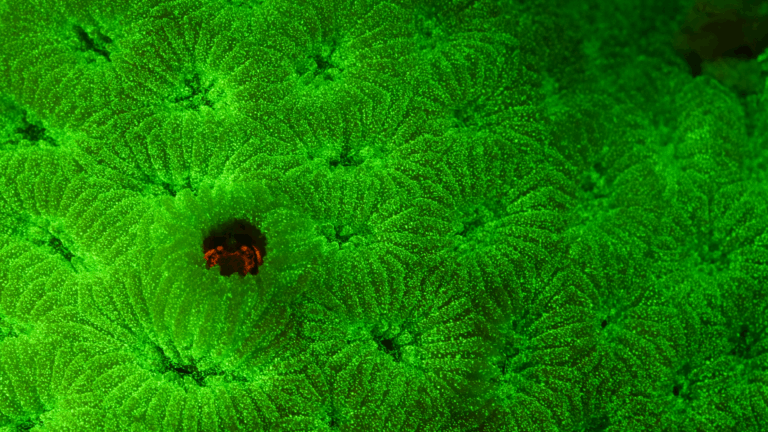
Marine Science
Tiny crabs glow to stay hidden
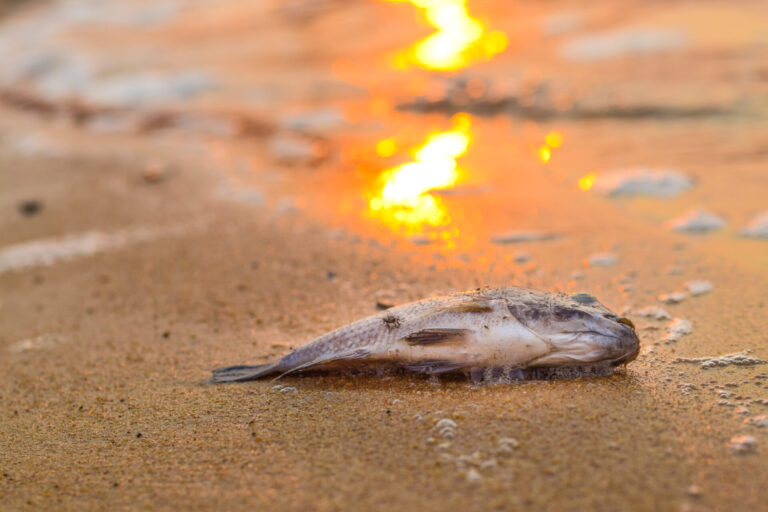
Marine Science
Mass fish deaths linked to extreme marine heatwave in Red Sea
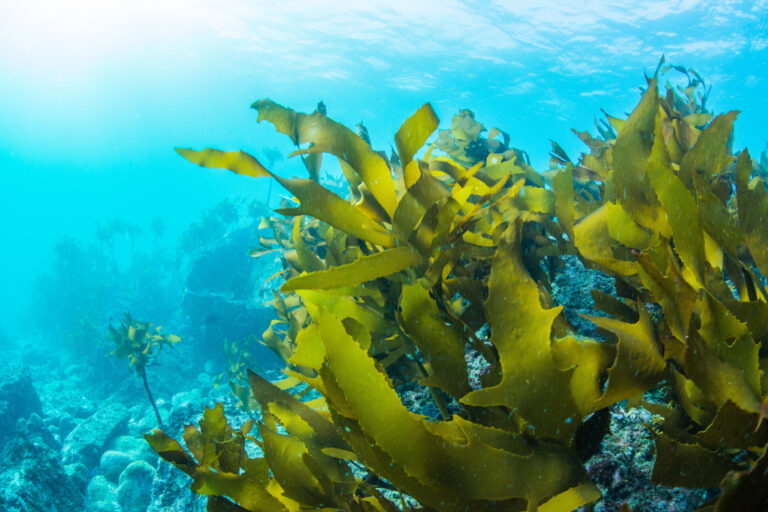
Marine Science



